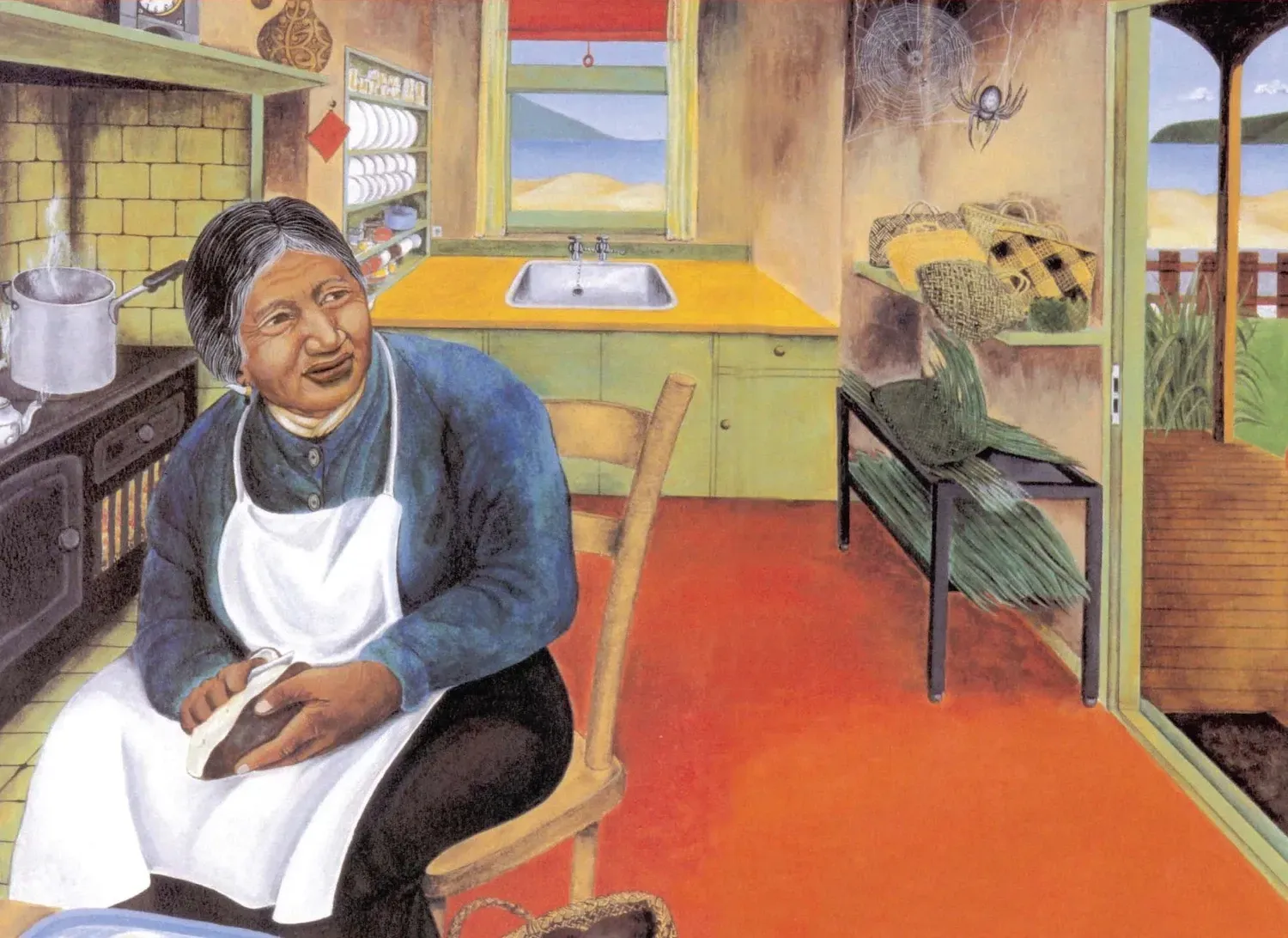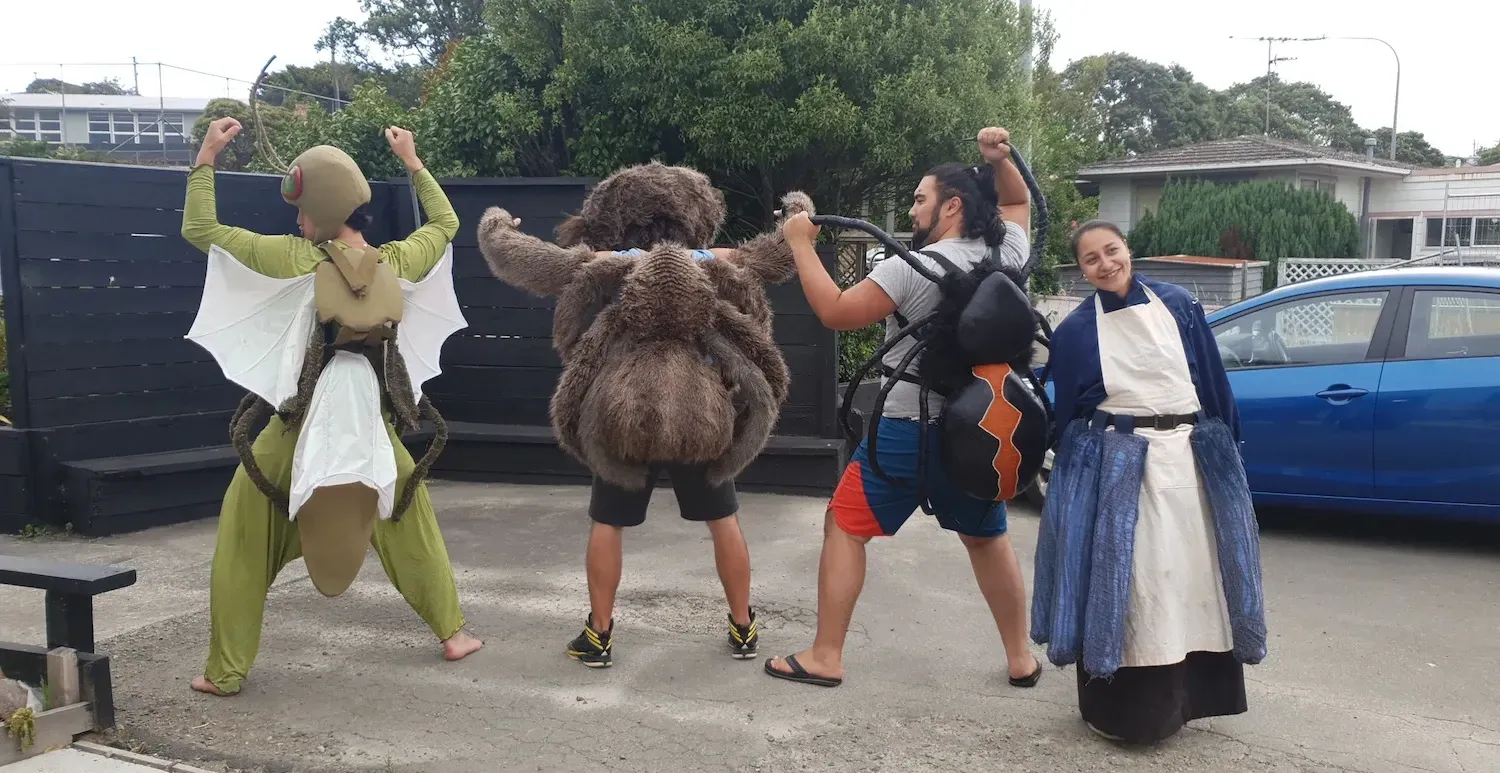Soapbox: Storming the stage with te reo Māori
Written by
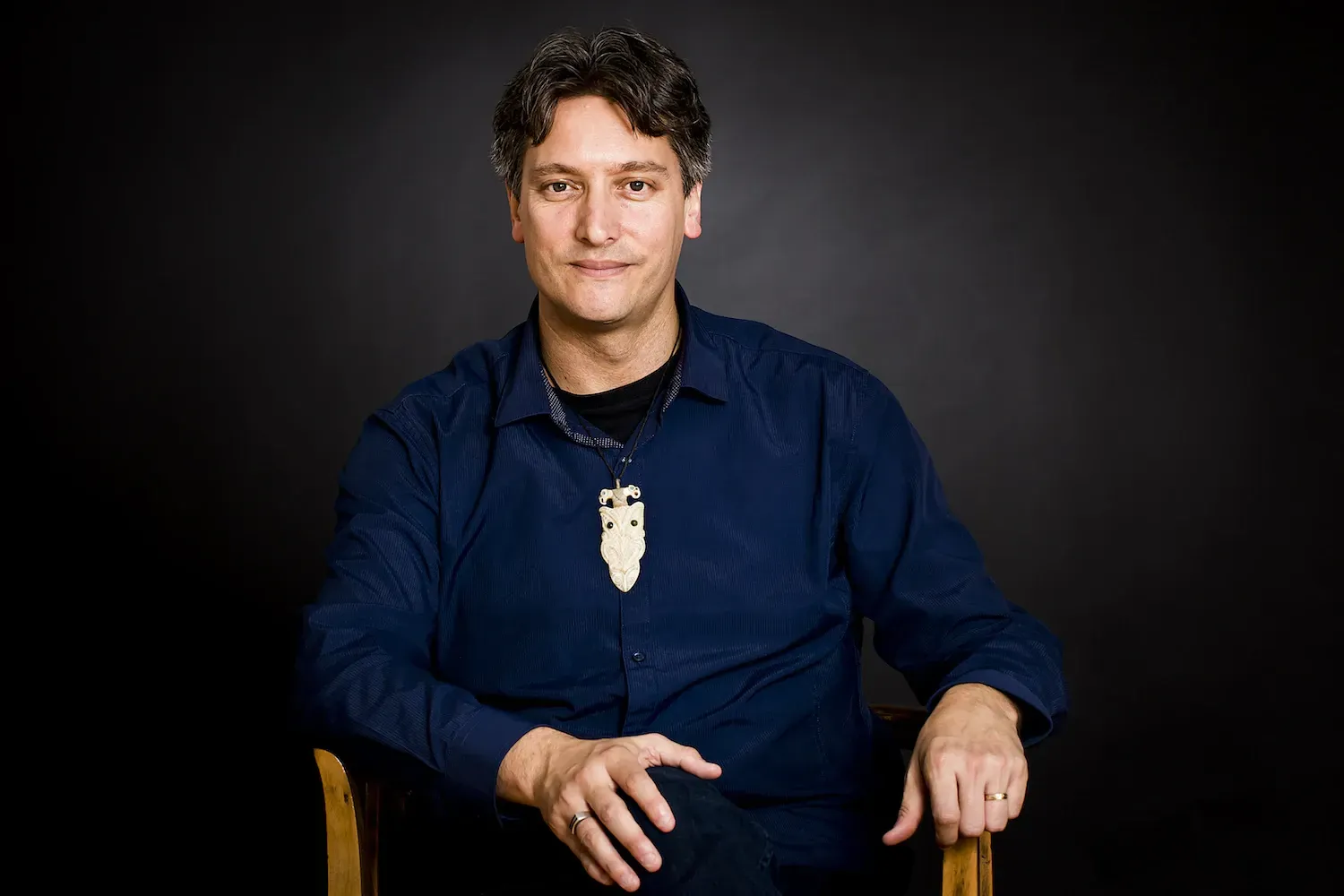
As a te reo Māori speaker, it’s clear that things have become very different for our language in a very short space of time. Te reo Māori has been rediscovered in mainstream Aotearoa in the last eighteen months. It’s been incredible.
For most of my life, New Zealand just hadn’t been recognising te reo to the degree that we should be. I felt frustrated that my language was being slowly pushed into history books or existed in moments only for token cultural formality. But lately, something’s started to change.
I’m turning on RNZ to hear almost every programme introduction in te reo. I hear every safety announcement and connection with employees through Air New Zealand having a te reo element right through most of the travel experience. Māori Language Week is more prominent than ever before, and the effect of this is permeating through every inch of New Zealand’s businesses, politics and culture. We have over 3,000 New Zealanders on te reo Māori language course waiting lists. This sea change of mainstream cultural interest in te reo is happening at an accelerating rate we haven’t seen before.
Te reo Māori has been rediscovered in mainstream Aotearoa in the last eighteen months. It’s been incredible.
It’s had a flow-on effect into the world of theatre, too. In 2017, our production of He Kura E Huna Ana was our first te reo Māori production for adult audiences to tour on mainstage theatres. It took us thirty-five years to safely present an adult work all in te reo Māori. Even then - it was a risk.
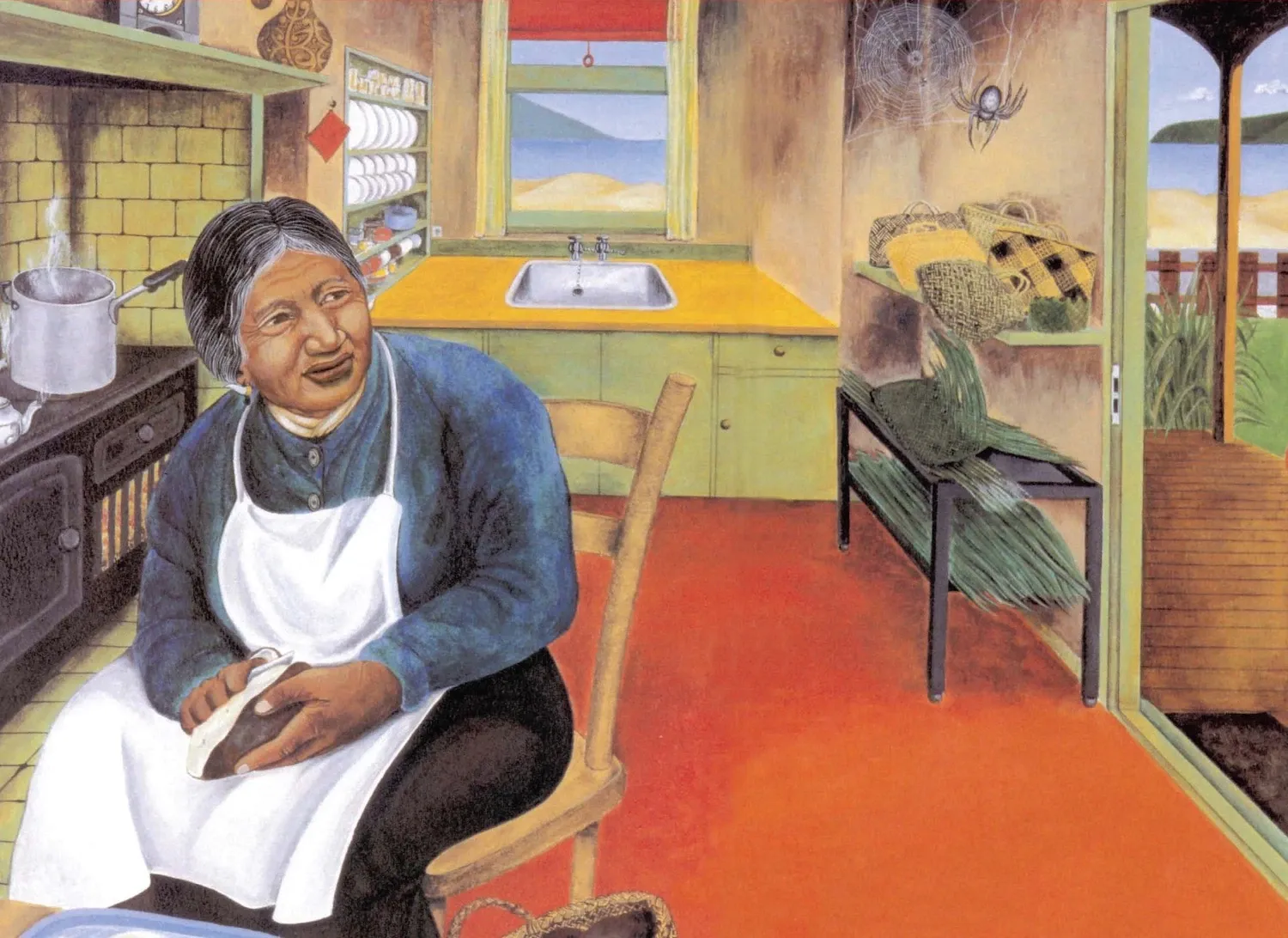
It's been a long way to reach this point
For thirty-five years Taki Rua tried to break into presenting theatre in te reo Māori, but the mainstream theatre community weren’t ready to take a risk on buying tickets to a fully te reo Māori stage play. Māui - One Man Against The Gods, a production I built and toured in 2003-2007 to 61,000 people was an exception to that rule, being performed entirely in te reo Māori in its first season. However the majority of the mainstream audience were hooked into that production through the thrilling aerial performances and the unique staging of the epic feats of Māui. Māori language still had so far to go to become a part of New Zealand mainstream, at schools, in workplaces, in everyday Aotearoa life - let alone in theatre. This was merely a result of New Zealand's cultural sphere at that time. It simply wasn’t a priority for our country to see the value in becoming a truly bicultural nation.
That’s what I think is driving the rediscovery of te reo - a longing for purpose and connection.
For Kiwis, Māori culture and language can be a pathway back to a feeling of community, identity and our sense of belonging. That’s what I think is driving the rediscovery of te reo - a longing for purpose and connection. In a world where our connection is through wireless technology and phone screens, I believe people are going back to our nation’s roots, and looking for something more meaningful. Māori culture can offer that connection, and Māori theatre is just one of many paths to ground oneself.
The stories we tell through our school performances at Taki Rua range from classic Māori legends to creative interpretations of everyday Māori activities like tangihana and pōwhiri. Whatever we choose to programme, we make sure our audiences of all comprehension levels will be able to follow along. A typical season for us used to see audiences of about 6,000, and now we see more than 17,000. It’s hard to argue that the Māori language isn’t becoming more appreciated when the numbers are rising so dramatically.
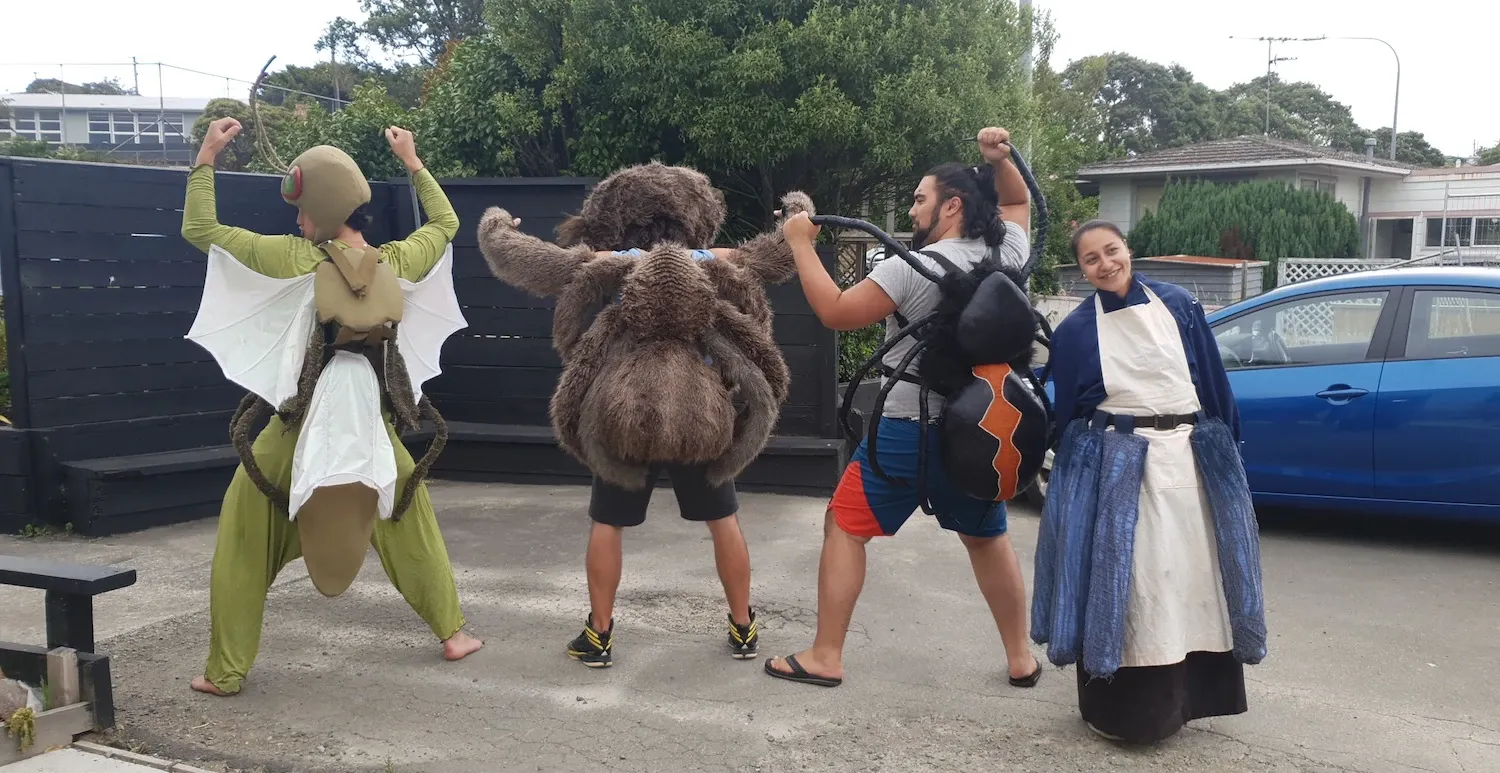
But how can we, the arts community, keep the flame of te reo Māori alive?
Every little seed of te reo that is planted throughout New Zealand culture, has the opportunity to grow. Encouraging te reo in schools, universities, workplaces and homes means all businesses that are built with a Māori tikanga framework will not only be recognised but celebrated for bringing more community into the workplace.
Every little seed of te reo that is planted throughout New Zealand culture, has the opportunity to grow.
The kotahi mano kāika vision of Ngāi Tahu (one thousand homes speaking Māori) is a fantastic initiative to get whānau engagement with their own home-based language revitalisation programmes. More companies are bringing te reo Māori language strategies into their work, to build capability into their workforces. This movement is extremely exciting and Auckland Arts Festival recently announced their te reo strategy with Te Taura Whiri i Te Reo Māori - The Māori Language Commission. This is to integrate with their Toitū Te Reo programme that is programming te reo Māori work in their festival.
For Taki Rua to be a part of this first year initiative with our Te Reo Māori Season production of Te Kuia me te Pūngāwerewere is very important in our growth. Even Patricia Grace was amazed that her much loved children’s story, (now being developed into an adapted production by Jamie McCaskill and translated by Hōhepa Waitoa), had grown the quality and usage of te reo Māori exponentially compared to the decimation she experienced in her generation. It is all growing; one step at a time.
Mā tōu rourou, mā tōku rourou, ka ora ai te iwi.
From your basket and my basket of knowledge the people can thrive.
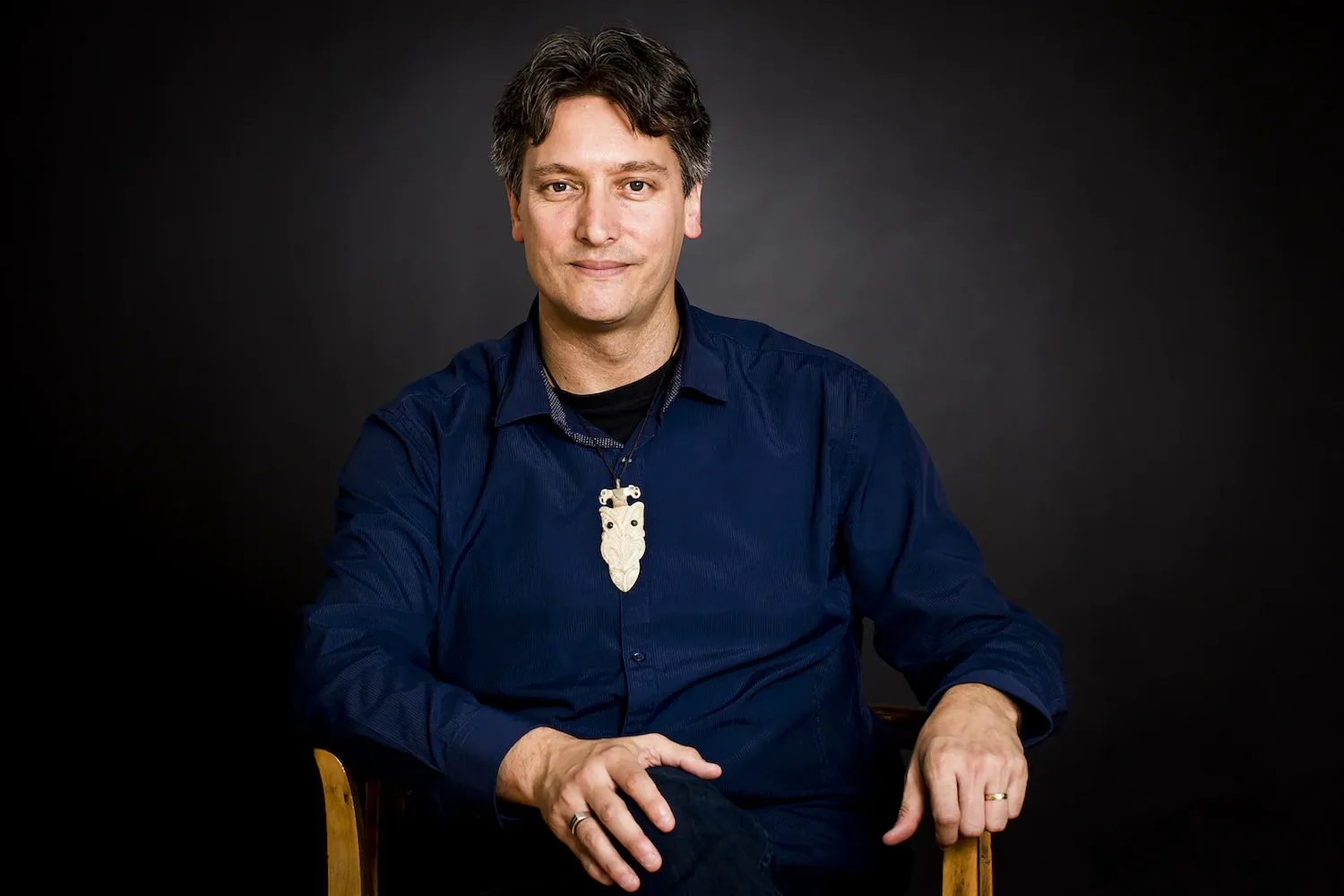
Tānemahuta Gray is the Chief Executive of Taki Rua, New Zealand's leading Maori theatre company.
Established in 1983, Taki Rua produces kaupapa Māori theatre, including performances exclusively in te reo Māori - something that Gray says is becoming more popular as the language experiences a renaissance among everyday Kiwis.
Te Kuia Me Te Pūngāwerewere will be performed during the Capital E National Arts Festival in Wellington this Saturday 9 March, a celebration of the best theatre created specifically for children and young people.
